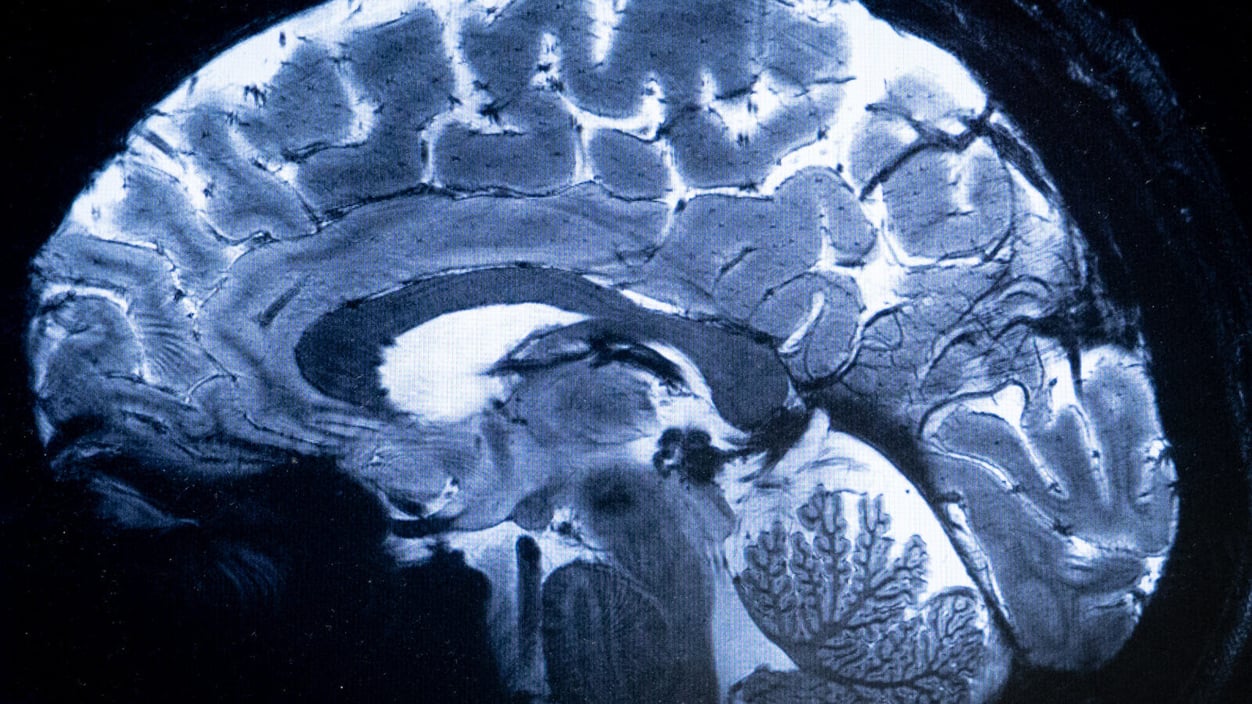first opinion
The future of portable MRIs and, maybe, a new type of health care worker

Alain Jocard/AFD via Getty Images
Most of us have never had our brains scanned. But a new generation of more affordable and highly portable MRI (pMRI) devices are rapidly reshaping neuroimaging research and clinical care. There could be a future out there in which people get regular brain "check-ups" from portable MRIs, write three authors of today's First Opinion essay.
To address the rise in neuroimaging, these authors suggest the creation of a new field: neuroimaging counseling. Like genetic counselors before them, neuroimaging counselors would be trained to help explain brain scan findings to patients. The clinical interpretation of scans would remain in the domains of radiology, neurology, and neurosurgery. But communicating those readings, addressing follow-up questions, and facilitating dialogue about the emotional weight of abnormal brain imaging results could be supported by counselors. Read more on what this new type of health care worker could do.
chronic disease
New study provides a clue for better potential lupus treatments
STAT's chronic disease reporter Isa Cueto has described lupus as "a confounding and severe autoimmune disease." It affects up to 1.5 million people in the U.S., causing problems in organs including the kidneys, spleen, heart, and brain. Some treatments for the disease are designed to suppress immune system proteins called interferons. But they don't always work.
To learn more about why that might be, researchers looked at hundreds of samples from just under 200 patients to analyze the activity level of three interferon types — I, II, and III. In a study published Monday in Cell Reports Medicine, they report that some symptoms are correlated with overactivity in specific types. Skin-related symptoms were correlated with overactivity of interferon I, while kidney inflammation were related to elevated activity in all three types. Other symptoms couldn't be pinned down: Blood clots and low platelet counts didn't have any particular association.
Isa told me that this research seemed promising because experts would love to get clearer categories of systemic lupus in order to treat it in a more targeted way. Read more of her reporting on lupus and other chronic diseases.
cardiovascular health
A genetic risk factor for heart failure in Black Americans
When a protein called transthyretin folds up the wrong way, it can build up in the heart's muscle layer and sometimes cause heart failure. The most common gene variant causing that misfolding, V142I, originated in western Africa, and occurs in 3% to 4% of people in the U.S. who self-identify as Black or African-American. In a study published yesterday in JAMA, researchers found that Black individuals carrying the V142I variant were at much higher risk of heart failure and death.
Heart failure affects African Americans at nearly twice the rate that it affects white people in the U.S. And while this genetic variant doesn't explain away those racial disparities, it could inform the care and genetic screening offered to Black patients at risk of heart disease. Read more from STAT's Debbie Balthazar on the implications of the findings for genetic counseling and heart disease.


No comments